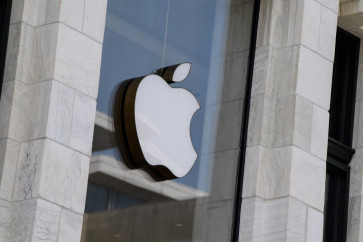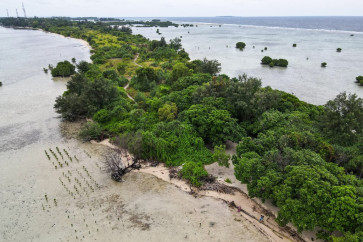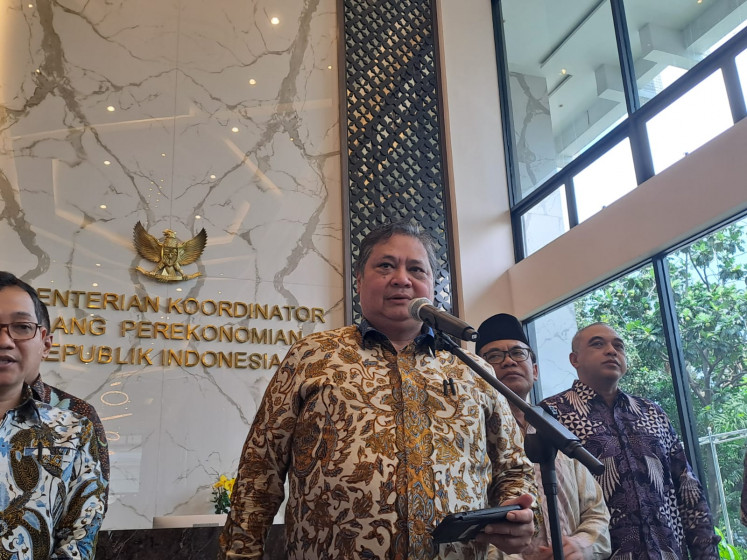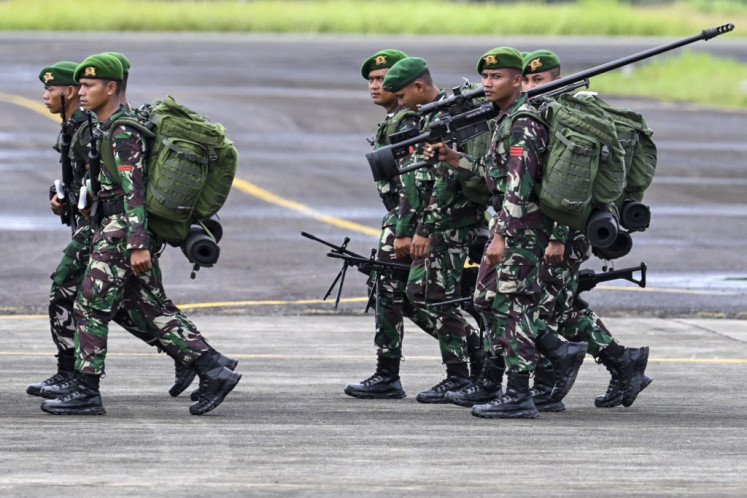Australian cricketer Hughes dies of head injuries
Phillip Hughes won admirers across the cricket spectrum, from the most elite players to the everyday fan for an unorthodox batting style honed on the family banana plantation and a never-give-in attitude despite being dropped a handful of times from Australia's test team
Change Size

P
hillip Hughes won admirers across the cricket spectrum, from the most elite players to the everyday fan for an unorthodox batting style honed on the family banana plantation and a never-give-in attitude despite being dropped a handful of times from Australia's test team.
Hughes died Thursday, two days after undergoing emergency surgery for a bleeding of the brain that occurred after he was struck on the head by a cricket ball in a match at the Sydney Cricket Ground. He was 25, just three days short of his next birthday.
Hughes often said he loved nothing more than being at the wicket and scoring runs. He died doing just that, when he was fatally struck behind the left ear after mis-timing a shot to a short-pitch ball.
He was batting for South Australia, against his old teammates from New South Wales, and was unbeaten on 63 when he was hit by a sharply-rising delivery from Sean Abbott.
It was highly likely he'd have earned a recall to the test lineup for the series-opener against India on Dec. 4, with his close friend and mentor Michael Clarke at that stage struggling with a recurring hamstring strain and unlikely to play.
His death cast a doubt over the first test in Brisbane, with many thinking it should be delayed due to the emotional turmoil for his teammates.
It cast a longer shadow over the game. Deaths in cricket are rare, particularly among players with experience at the highest level. It sparked debate over the protection offered by batting helmets, and the need to bowl "bouncers" ' fast deliveries which land halfway down the pitch and steeple sharply to the batsman's chest or head height.
But the ball wasn't particularly menacing, at least in terms of first-class cricket, and the area where he was hit was one of the only parts of the head that are unprotected by modern helmets. It was described as a freak accident.
Cricket New South Wales chief executive Andrew Jones said Hughes had a quiet determination and a rural-reared humbleness that endeared him to people.
"Despite being in and out of the Australian team during his emerging years Phillip never complained when he was dropped or overlooked," Jones said. "It was typical of Phillip that he was fighting his way back into the national team again with a fine innings for South Australia before suffering a freak accident."
Hughes grew up on the family farm at Macksville on the mid-north coast of New South Wales state, where he started playing against men when he was 12. He moved to Sydney to pursue his cricket career when he was 17, and spent time working with batting coach Neil D'Costa ' who had previously worked with Clarke. D'Costa predicted big things for the future, quoted as telling people "the kid will go all the way."
Dozens of current and former Australia players spent time at the hospital to support Hughes and his family. Clarke spent most of the 48 hours after Hughes was admitted at the hospital.
Australia coach Darren Lehmann summed up the feelings with a post on Twitter: "RIP you little champ, we are all going to miss you! Love, prayers to all the Hughes family."
Prime Minister Tony Abbott said Hughes's death had touched millions of Australians.
"For a young life to be cut short playing our national game seems a shocking aberration," he said.
Hughes is survived by his parents, Greg and Virginia, his sister Megan and his brother Jason. His mother and sister were at the SCG when he was hurt, and held vigil at the hospital.
"In these darkest of hours cricket puts its collective arms around the Hughes family," Cricket Australia chief executive James Sutherland said. "Without doubt he was a rising star whose best cricket was still ahead of him.
"But it was Phillip as a person that we will miss most. When the chips were down or he had a setback he simply got on with the job and worked harder. He set a wonderful example to any young person seeking to make their way in life."
Hughes played 26 tests for Australia, making 75 in his debut against South Africa in Johannesburg in 2009. But it was his second test, when he scored centuries in each innings against the South Africans in Durban, that will be most widely remembered as his career highlight.
"We all vividly remember his explosive entrance to test cricket," Sutherland said. "In only his second test and at the tender age of 20, Phillip blasted back-to-back centuries against South Africa and only last year showed his class again when he became the first Australian batsman in the history of ODI cricket to score a century on debut."
He averaged 32.66 in test cricket, scoring 1,535 runs including three centuries and seven half centuries. A sturdy lefthander who liked to score square of the wicket, he was a natural opener but played up and down the order for Australia, filling gaps where needed. After his stunning test debut, opposing bowlers worked out minor flaws in his homegrown style that surfaced during the subsequent tour of England, leading to his in-again out-again status with the test team.
In 25 limited-overs internationals, he scored 826 runs at an average of 35.91 and a highest score of 138 not out. He shattered the perception that he was a long-format specialist earlier this year with a double-century for Australia "A'' in a one-day match.
In 2009, he was presented with the 408th baggy green cap ' the recognizable symbol for players who have reached the ultimate level of Australian cricket ' and was the Bradman Young Cricketer of the Year in that season. In 2013, he was voted Australia's domestic player of the year.
Hughes made his first-class debut for New South Wales at 18, and later moved to South Australia in a bid to improve his game and regain the backing of national selectors. In between, he played for Hampshire, Middlesex and Worcestershire in England and the Mumbai Indians in the Twenty20 Indian Premier League.
As a mark of respect, and after all Sheffield Shield matches this week were canceled, the tour game between India and a Cricket Australia XI was canceled and the third test between Pakistan and New Zealand in Sharjah, United Arab Emirates, was suspended for the day. (*)









